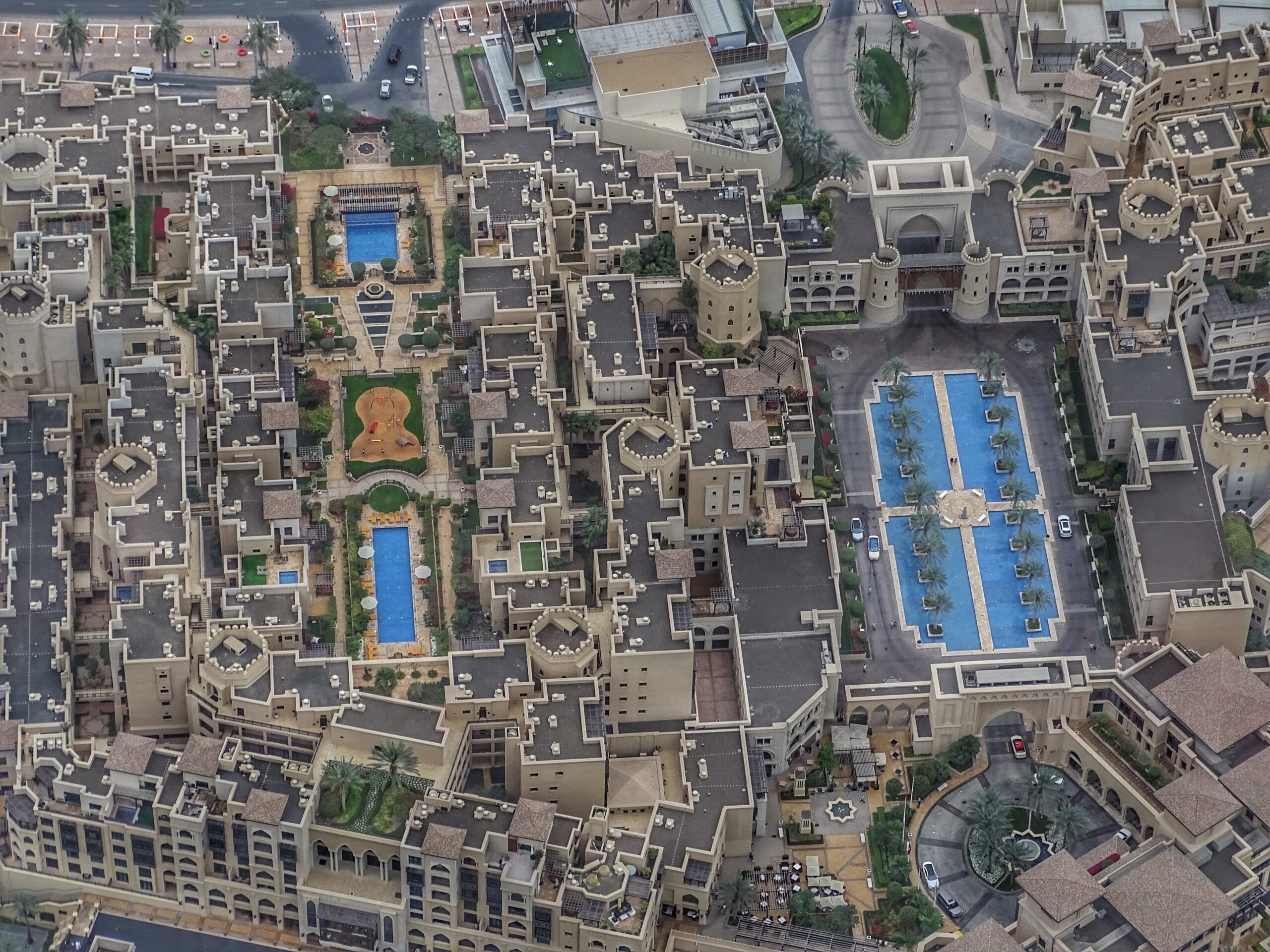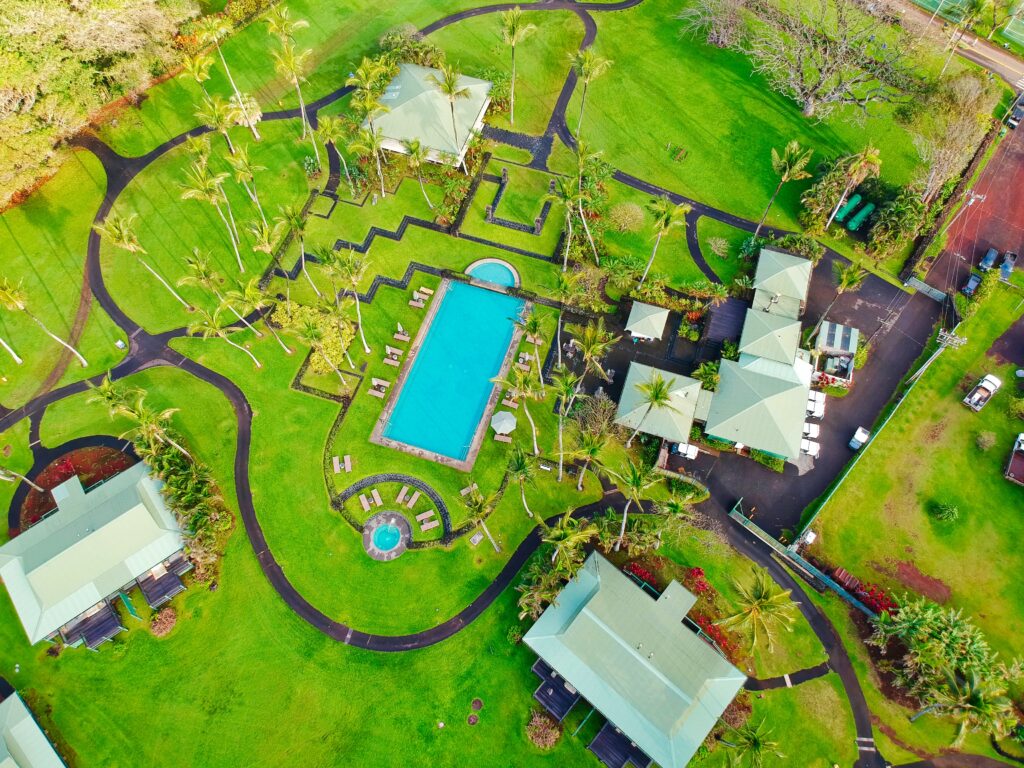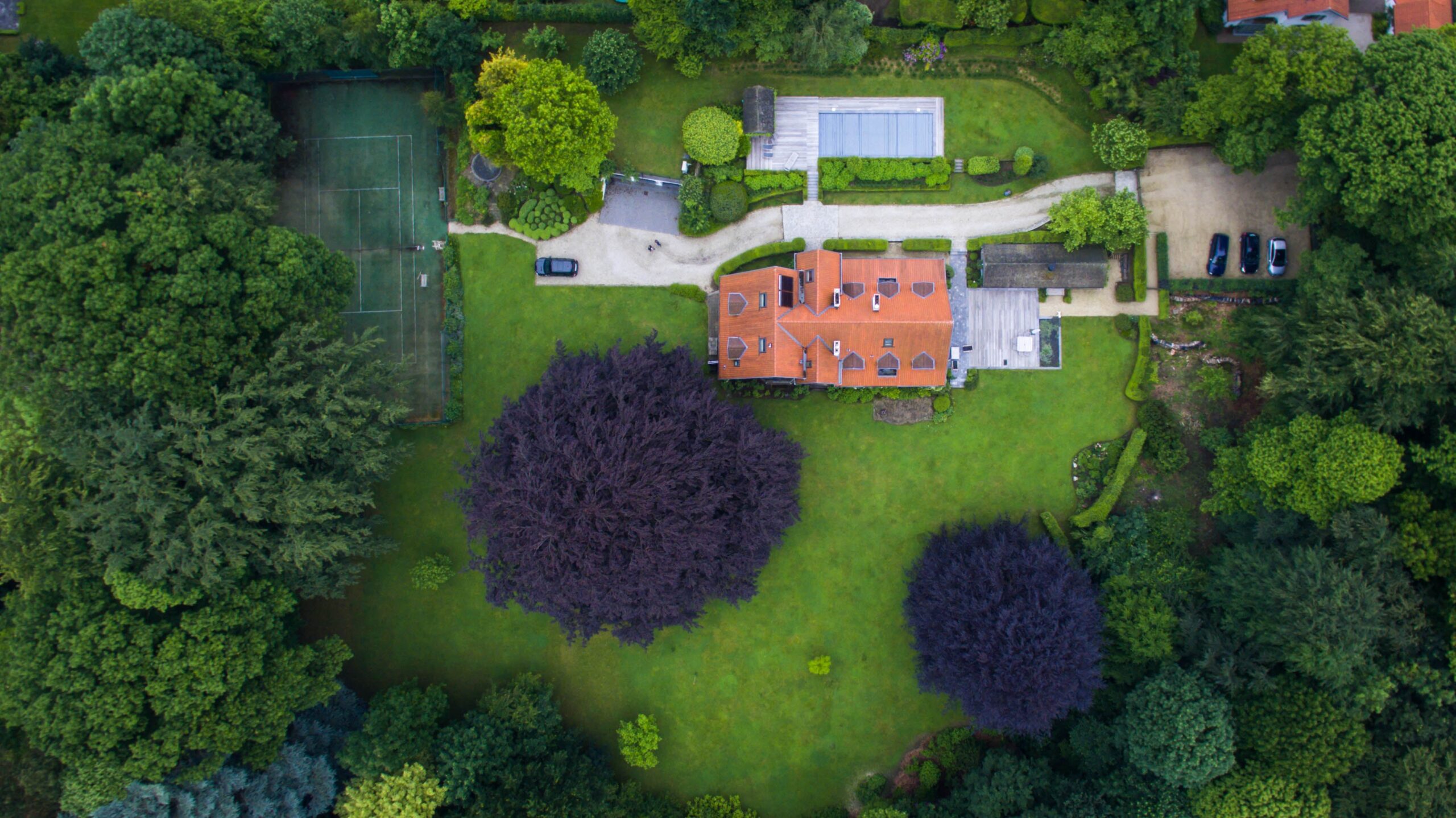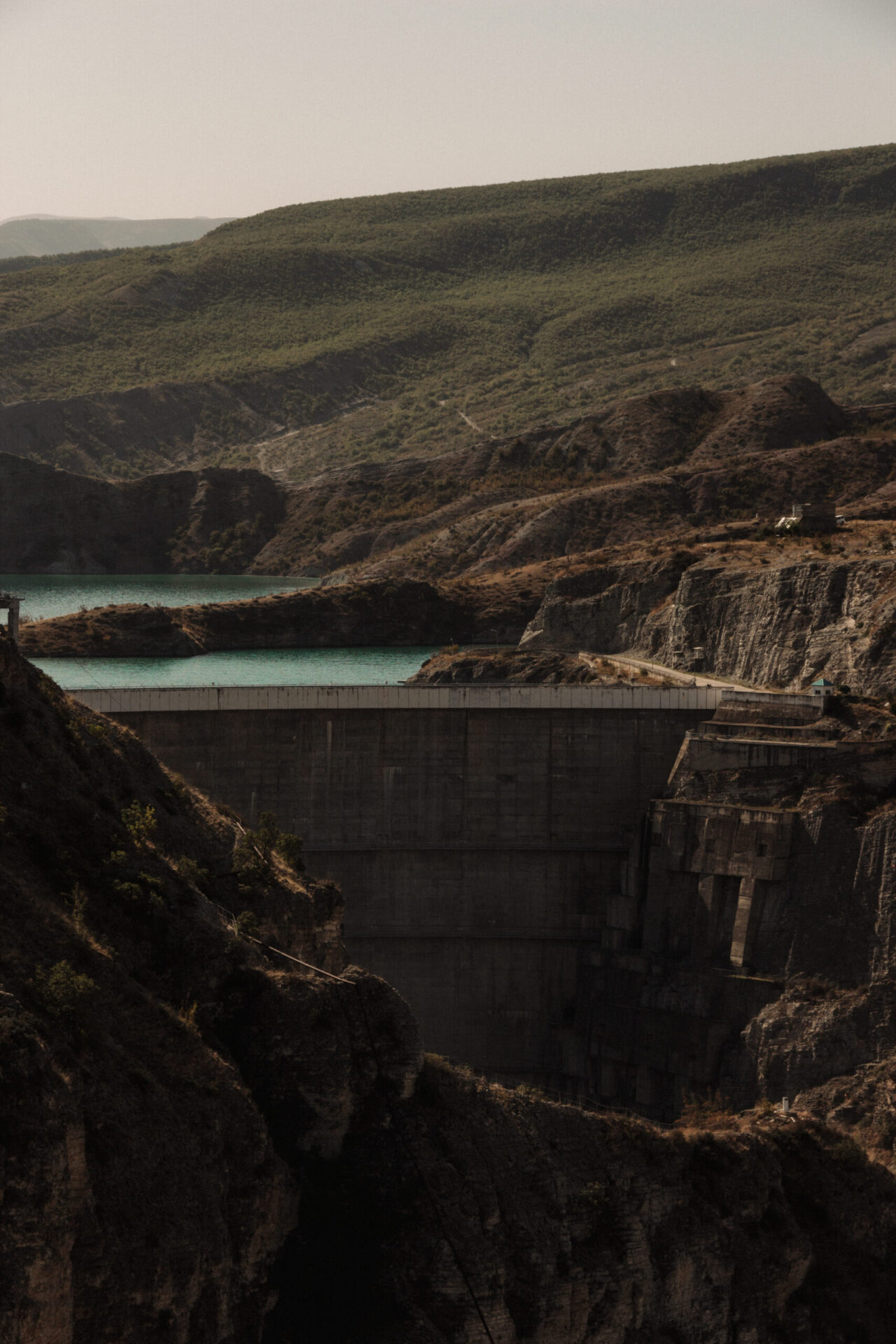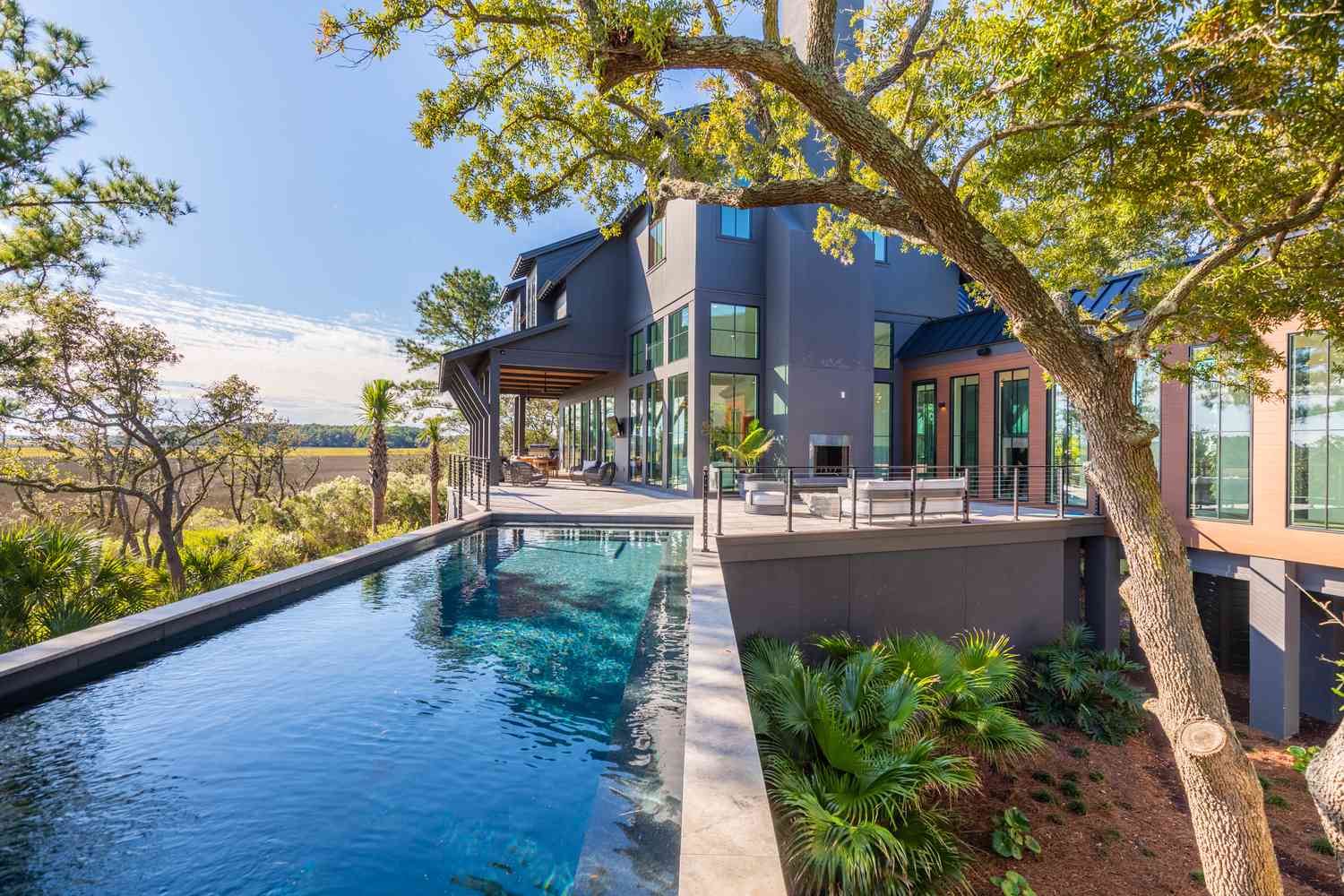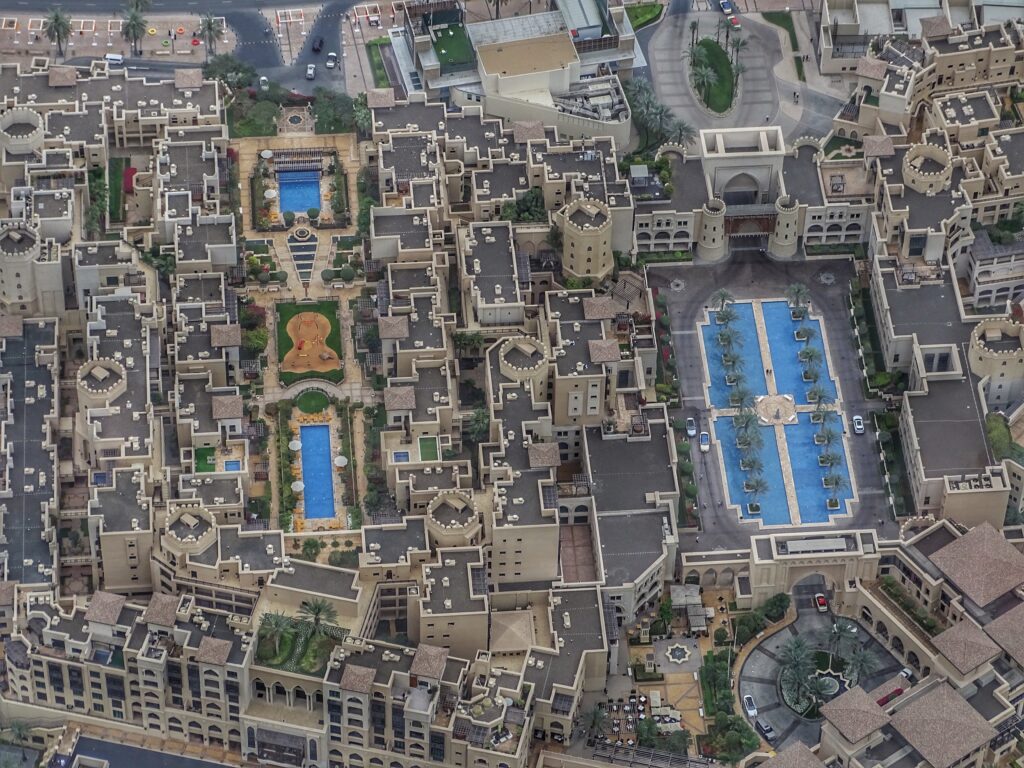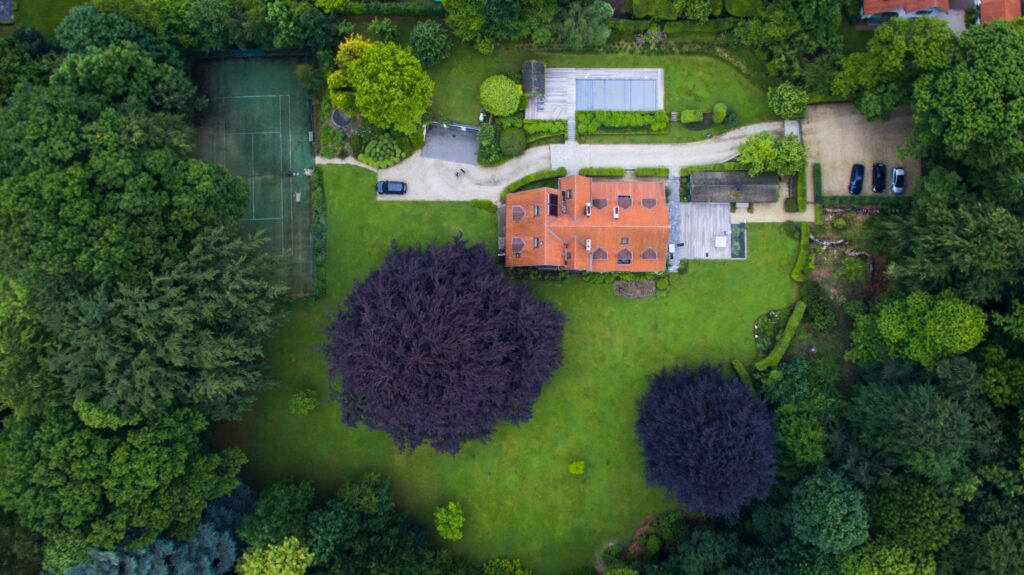Imagine being able to relax and cool off right in your own backyard during those scorching summer months. However, have you ever wondered why some individuals tend to turn up their noses at the idea of above ground pools? This article aims to shed light on the reasons behind this peculiar aversion towards these convenient and cost-effective pool options. Whether it’s the aesthetics, the limitations, or the perceived lack of durability, let’s explore the intriguing reasons why people might not be jumping at the chance to take a dip in above ground pools.
This image is property of images.unsplash.com.
1. Lack of Aesthetics
1.1. Unattractive Appearance
One of the main reasons why some people might not be fond of above ground pools is their unattractive appearance. Unlike in-ground pools that seamlessly blend into the surrounding landscape, above ground pools can stand out and disrupt the overall aesthetic of your backyard. The large and visible pool walls and structure may not be visually appealing to some individuals who value a well-designed and cohesive outdoor space.
1.2. Limited Design Options
Another aspect that may deter people from above ground pools is the limited design options available. With in-ground pools, you have the freedom to customize the shape, size, and design to complement your property and personal preferences. However, with above ground pools, you are limited to the standard circular or rectangular shapes, which may not suit everyone’s taste or match the existing architecture of your home.
1.3. Unappealing to Neighbors
Additionally, the presence of an above ground pool in your backyard may not be well-received by your neighbors. The towering walls and exposed nature of the pool might not only decrease the overall visual appeal of the neighborhood but also be seen as an eyesore by some. It’s important to consider the impact that your pool may have on the surrounding community when deciding to install an above ground pool.
2. Durability Concerns
2.1. Prone to Damage
Above ground pools are generally more prone to damage compared to their in-ground counterparts. Factors such as extreme weather conditions, poor maintenance, or accidental impacts can result in punctures or tears in the pool liner. Additionally, the exposed nature of above ground pools makes them vulnerable to damage from falling branches, debris, or even playful pets. The potential for damage can be a source of concern for individuals who want a durable and long-lasting pool.
2.2. Short Lifespan
Compared to in-ground pools, above ground pools often have a shorter lifespan. The average lifespan of an above ground pool is typically around 10-15 years, whereas in-ground pools can last decades with proper maintenance. The limited durability of above ground pools may be a drawback for individuals who are looking for a more permanent and enduring solution for their swimming needs.
3. Installation Challenges
3.1. Time-Consuming Process
Installing an above ground pool can be a time-consuming process that may require substantial effort and assistance. From leveling the ground to assembling the pool walls and framework, the installation process can be quite involved. This can be a deterrent for individuals who want a quick and hassle-free pool installation.
3.2. Limited Placement Options
Unlike in-ground pools that can be designed and built to fit seamlessly into any desired location within your property, above ground pools have more limited placement options. They typically require a flat and level surface, which may restrict where you can install the pool. This limitation can pose challenges if you have a sloped or uneven yard, limiting your options and potentially compromising the functionality and aesthetic appeal of your pool.
3.3. Difficulty in Land Preparation
Preparing the land for an above ground pool can also present its own set of challenges. Depending on the condition of your yard, you may need to level the ground, remove rocks or debris, and ensure proper drainage. This preparation work can be physically demanding and time-consuming, requiring specialized tools and equipment. The difficulty in land preparation can discourage individuals from considering above ground pools as a viable option.
4. Safety and Security Issues
4.1. Accessibility for Children and Animals
Above ground pools may pose safety concerns, especially for households with children or pets. The accessibility of the pool from ground level can increase the risk of accidental falls or unsupervised access by young children or animals. Proper safety measures such as fencing, covers, or alarms should be put in place to mitigate these risks, but the perception of heightened danger may still discourage some individuals from choosing above ground pools.
4.2. Risk of Falls and Injury
The raised nature of above ground pools can increase the risk of falls and injuries. Climbing in and out of the pool, particularly for individuals with limited mobility or small children, can be more challenging and potentially hazardous. This concern for personal safety may sway individuals towards the safer and more easily accessible option of an in-ground pool.
4.3. Lack of Privacy and Security
Above ground pools are generally more exposed and lack the privacy and security features commonly found in in-ground pools. The open design can make it easier for passersby or neighbors to observe pool activities, potentially compromising your privacy. Some individuals may prefer the seclusion and added security that in-ground pools provide, especially if they value their privacy or have concerns about trespassing or unwanted attention.
This image is property of images.unsplash.com.
5. Maintenance and Upkeep
5.1. Regular Cleaning and Treatment
Like any pool, above ground pools require regular maintenance and cleaning to ensure proper water quality and prevent the accumulation of debris, algae, and bacteria. However, due to their exposed nature, above ground pools may experience more frequent issues with debris and dirt getting into the pool. This can lead to increased maintenance requirements and the need for more diligent cleaning and treatment, which may be seen as an added hassle for some individuals.
5.2. Increased Risk of Algae Growth
Algae growth is a common issue in above ground pools, particularly if maintenance routines are not adhered to diligently. The increased exposure to sunlight and environmental factors can contribute to the growth of algae, requiring more frequent treatments and potentially causing the water to become cloudy or discolored. The added effort required to prevent and address algae growth can be a turn-off for individuals who seek a low-maintenance pool experience.
5.3. Difficulty in Repair and Replacement
When it comes to repairs or replacement of pool components, above ground pools can present some challenges. The pool walls, liner, and other integral parts may require specialized knowledge or tools for repair or replacement, making it less convenient and potentially more costly compared to in-ground pools. This difficulty in conducting repairs or replacements can be a drawback for individuals who prioritize ease of maintenance and accessibility to spare parts.
6. Temperature and Comfort
6.1. Cold Water in Cooler Climates
Due to their above-ground position, above ground pools are more exposed to external temperatures, resulting in colder water compared to in-ground pools. This can be especially noticeable in cooler climates or during colder seasons, making swimming less enjoyable for some individuals. The lack of insulation and the greater influence of ambient temperature can limit the comfortable usage of above ground pools in areas with colder weather conditions.
6.2. Lack of Comfort Features
Above ground pools often lack the built-in comfort features that are commonly found in in-ground pools. Features such as steps, seating ledges, or integrated spa elements may be absent, reducing the overall comfort and convenience of using the pool. Some individuals may prioritize these additional comfort features, perceiving above ground pools as less luxurious or enjoyable compared to their in-ground counterparts.
6.3. Dependence on External Heating Systems
If you prefer swimming in warm water, an above ground pool may not be the ideal choice. Unlike some in-ground pools that can incorporate heating systems, above ground pools often rely on external heating options such as solar covers or separate heaters. Ensuring warm water temperatures can require additional effort and expenses, making it less convenient for individuals who desire a consistently warm swimming experience.
This image is property of images.unsplash.com.
7. Impact on Property Value
7.1. Negative Perception
The presence of an above ground pool in a property may be perceived negatively by some individuals, potentially affecting the overall property value. In some cases, the prominence of the pool and its limitations in terms of aesthetics or design may create a less favorable impression among potential buyers or appraisers. This negative perception can be a concern for homeowners who prioritize maintaining or increasing their property value.
7.2. Potential Buyer Limitations
When it comes time to sell your property, having an above ground pool may limit your pool of potential buyers. Some individuals may be hesitant to purchase a property with an above ground pool due to the aforementioned concerns about aesthetics, durability, and safety. This limited appeal and potential buyer hesitation can be a drawback for homeowners who want to maximize their property’s marketability.
8. Noise and Disturbance
8.1. Vibrations and Noise During Use
During pool use, above ground pools can generate vibrations and noise that may be bothersome to individuals nearby. The transfer of movement and water disturbances through the pool walls can produce noticeable vibrations and noise. For those seeking a quiet and serene outdoor environment, these potential disturbances may be a drawback that dissuades them from considering above ground pools.
8.2. Disruption to Peaceful Environment
The presence of an above ground pool can disrupt the peaceful environment of your backyard and the surrounding neighborhood. Increased pool activities, such as playing, splashing, or sliding, may create more noise and commotion that can disturb both your household and neighbors seeking a quiet and tranquil setting. This potential for disruption to the peaceful environment can be a concern for individuals who value a serene outdoor space.
9. Limited Usage Period
9.1. Seasonal Restriction
Above ground pools often have a limited usage period, especially in regions with colder climates. As the temperatures drop during the fall and winter seasons, above ground pools typically need to be winterized and covered to protect them from freezing temperatures. This seasonal restriction can curtail the amount of time you can enjoy your pool, making it less appealing for individuals who desire a longer swimming season.
9.2. Inability to Be Used Year-Round
Unlike some in-ground pools that can be used year-round with temperature control systems, above ground pools generally do not have the capability to be used consistently throughout the year. The exposure to external temperatures, lack of insulation, and limited heating options make it challenging to maintain desirable swimming conditions outside of the warmer months. This inability to use the pool year-round may discourage individuals who prioritize continuous access to a swimming facility.
10. Inclusion in HOA Regulations
10.1. Restrictions and Limitations
For homeowners living in communities governed by Homeowners Associations (HOAs), the installation of an above ground pool may be subject to certain restrictions and limitations. HOAs often regulate the visual impact and use of properties within the community, and above ground pools may not align with their established guidelines. The inclusion of above ground pools in HOA regulations can be an impediment for individuals who desire a pool but live in an HOA-governed community.
Overall, while above ground pools can offer a more affordable and accessible option for swimming enjoyment, they also come with various drawbacks that may make them less appealing to some individuals. The considerations of aesthetics, durability, installation challenges, safety, maintenance, comfort, property value, noise, usage period, and HOA regulations should all be taken into account when deciding on the type of pool that best suits your needs and preferences. It is important to weigh the pros and cons of above ground pools against other options, such as in-ground pools, to make an informed decision that aligns with your lifestyle and desired swimming experience.
